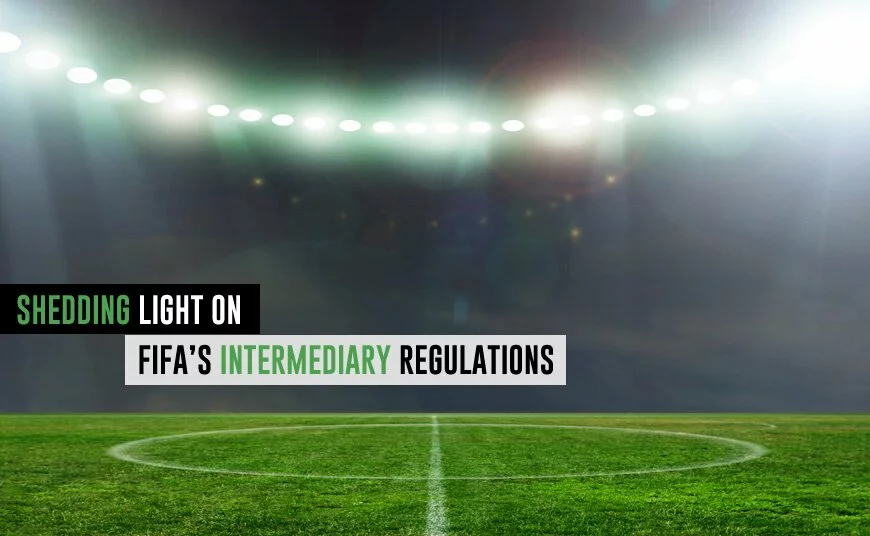The Regulations on Working with Intermediaries (the ‘Regulations’) were introduced on 1st April 2015. Their impact should not be underestimated.
Gone is the concept of the licensed football agent, those individuals who passed a rigorous exam, took out professional liability insurance and were issued with a five year licence by their national association. In its place is a new concept: the intermediary – a status open to most, whether individuals or legal entities, without needing to study for and pass an exam and with no requirement for a licence or insurance. Intermediaries are free to represent players and clubs regardless of their experience or knowledge of football’s rules and regulations.
Some have accused FIFA of seeking to ‘deregulate’ the player / club representation industry. That allegation is somewhat misguided. Whether one is supportive or highly critical of the new Regulations (and there are numerous critics), one thing seems clear: this is not so much a case of deregulation, but rather a shift in the focus of the regulation. Instead of controlling access to the activity of player / club representation, the focus is on regulating the activity itself. The apparent aim is to ensure greater transparency regarding who’s being represented by whom, how much they are being paid and by whom.
This website
This website aims to provide you with everything you need to know about FIFA’s Regulations on Working with Intermediaries, including: What do the Regulations say? What is different to the old system of licensed players’ agents? What is the practical effect of the Regulations for you? What supplemental rules are being introduced at a national level? What is the latest on challenges to the implementation of the Regulations?
This site is run by market leading sports lawyers with many years’ experience of acting for players, agents and clubs. In addition to shedding light on the Regulations, the site also explains how we may be able to assist you – if you have any queries, please don’t hesitate to get in touch.
Brief Summary of The New System
Players and clubs are free to choose whoever they deem fit and proper to represent them on playing contracts and transfers.
The chosen intermediary must meet a set of minimum criteria (which can potentially be supplemented and enhanced by each national association). In summary, they must have an impeccable reputation, not be an ‘official’ (within the meaning of that term under the FIFA Statutes) and have no contractual relationship with leagues, associations, confederations or FIFA that could lead to a potential conflict of interest.
An intermediary needs to register with the relevant national association every time they are involved in a transaction. In order to be registered, an Intermediary Declaration must be lodged with the relevant association (in which the intermediary confirms that they meet the minimum criteria).
The representation contract between the intermediary and his / her / its client must also be lodged with the association at the time of registration. The act of registration makes the intermediary subject to the Regulations (and all other rules and regulations of FIFA and the national association) and to sanctions for improper conduct.
A registered intermediary is free to receive payment for his / her / its services in concluding employment contracts and transfer agreements.
The Regulations also provide for considerable disclosure of payments made to and contracts with intermediaries – these must be disclosed by players and clubs to national associations.
Additionally, national associations must publish the names of all intermediaries registered each year together with the single transactions in which they were involved and the total remuneration paid to intermediaries. Associations are also required to make public the disciplinary sanctions they impose. Transparency is a key driver and feature of the new Regulations.
The Regulations contain notable provisions regarding conflicts of interest (they are considerably more relaxed regarding conflicts than the rules they replace). They also contain controversial provisions regarding the level of remuneration paid to intermediaries.
Click here for our commentary on various aspects of the new Regulations.
Click here for guidance notes on key areas of the new Regulations.


